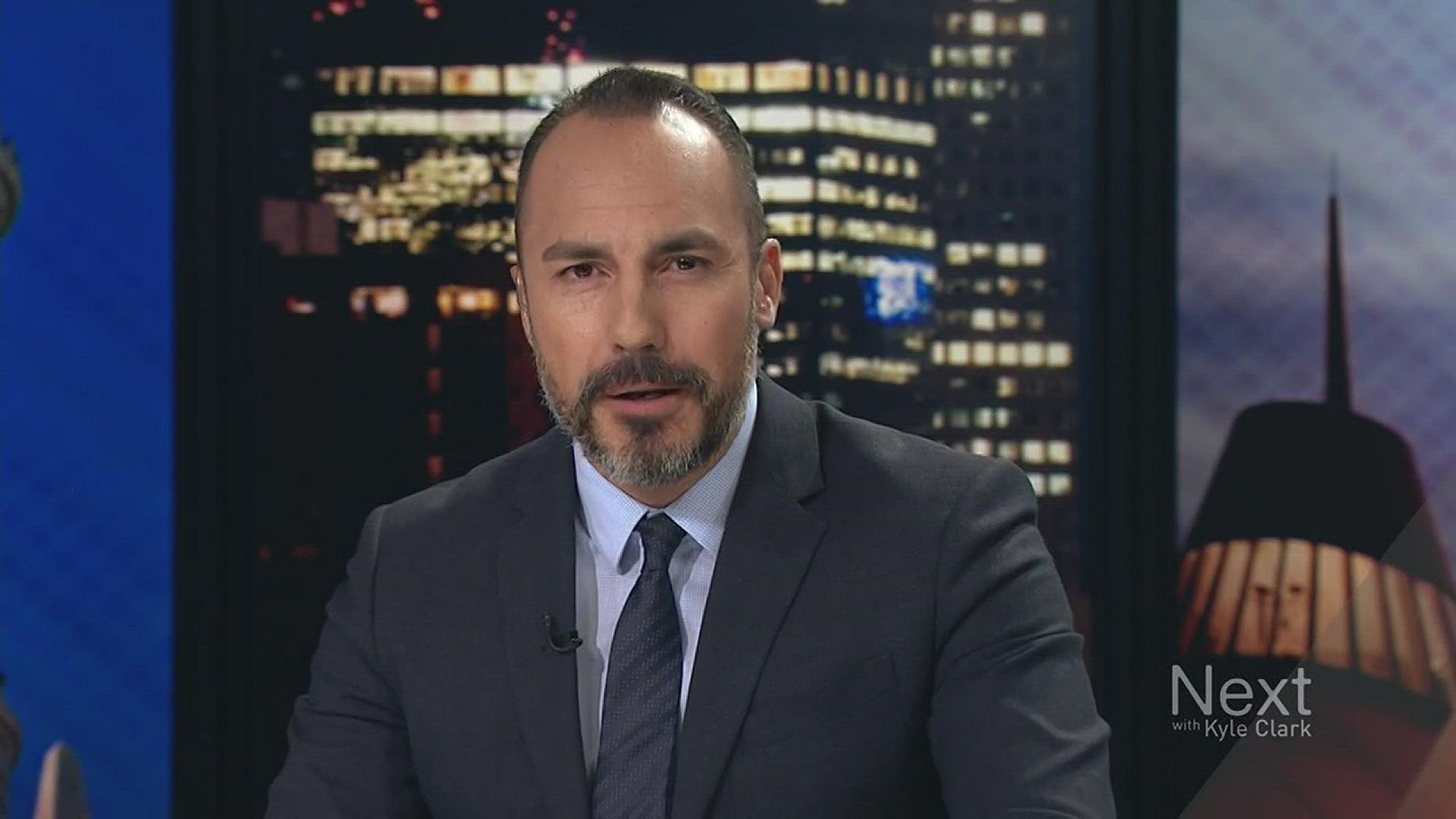Prospective homeowners rely on inspections to tell them what they’re getting into. Inspectors are tasked with combing through a house to catch any potential problems with the roof, the floors, or the electrical system - even checking for radon gas, a known cause of cancer, says the Colorado Department of Public Health and Environment.
When it comes to home inspectors, the amount of government oversight varies between states. Colorado is one state that chooses not to regulate home inspectors, according to the Colorado Department of Regulatory Agencies.
So what does that mean for people who want to buy a new house?
The American Society of Home Inspectors tells Next with Kyle Clark that a lack of regulation in Colorado leaves open a possibility that someone without the right knowledge or expertise could inspect homes. However, Frank Lesh, a spokesperson for ASHI, said many people voluntarily get certified through groups like theirs to bolster validity. Currently, 356 home inspectors from Colorado belong to the non-profit professional group.
"A little more than half of the states have some form of regulation," said Lesh. "That could be full-blown licensing or just requiring registration with the state that you are a home inspector. Then there are a lot of states that have no requirements what so ever."
He said states each have their own reasons for deciding not to regulate inspectors.
"It's hard to say," said Lesh. “Some people just don't like regulations. Others let the free market handle what goes on."
Home Inspectors like Anthony Eulberg, with HIE Consulting Engineers in Denver, said over the phone he's in favor of more regulations that would require more education and would help protect homebuyers from hiring inspectors without the right expertise.
Lesh, however, said licensing only goes so far in assuring quality.
"Once licensing occurs in a state - it opens the doors for everybody and their uncle to able to get training to be a home inspector," said Lesh. "You can have people who have no knowledge of construction, who take the course and pass the test, and they are now a home inspector."
Then there are buyers themselves, facing fierce competition and skipping inspections altogether in Colorado.
"Unfortunately, I have seen that happen," said Matthew Leprino with the Colorado Association of Realtors.
Leprino said he's noticed this trend over the last 36 months, as the housing market has gotten increasingly competitive. Leprino said some people have been afraid to wait to do an inspection in case another prospective buyer doesn't do the same and wins the bid for the house.
He said that's important to remember because homebuyers run the risk of missing problems with a house and paying down the line.
Take sewer lines, for example. An inspection of the sewage system costs $150 on average, according to Leprino.
Leprino said it's the homeowner's responsibility to maintain a sewer aline from their house up to the city line, which sometimes could be the center of an ally or middle of the street. Leprino said homeowners could spend thousands, in that case, to tear up the road, curb or gutter to fix an issue later.
"Those costs may come on you," said Leprino, "They may not be covered by your homeowners insurance."
Even if you never experience a problem while you own that house, you never know what an inspector will find when you put it back on the market.
"Every buyer is going to be a seller," said Leprino.
A word advice from the state: the key to making sure you hire the right home inspector is some good old fashioned research, directing people to the ASHI and the National Society of Home Inspectors.

